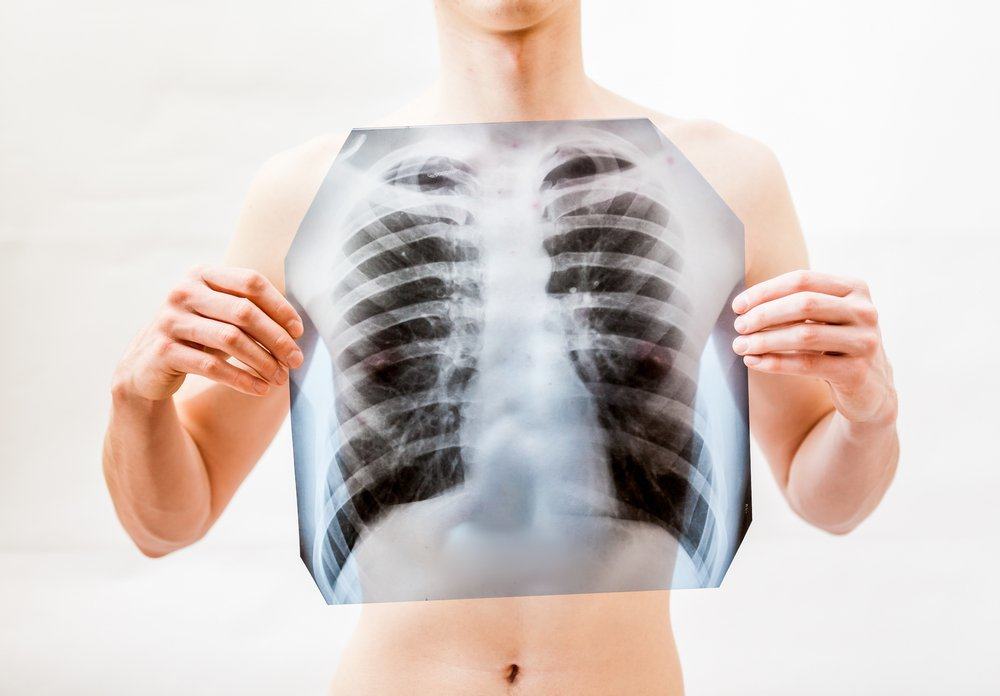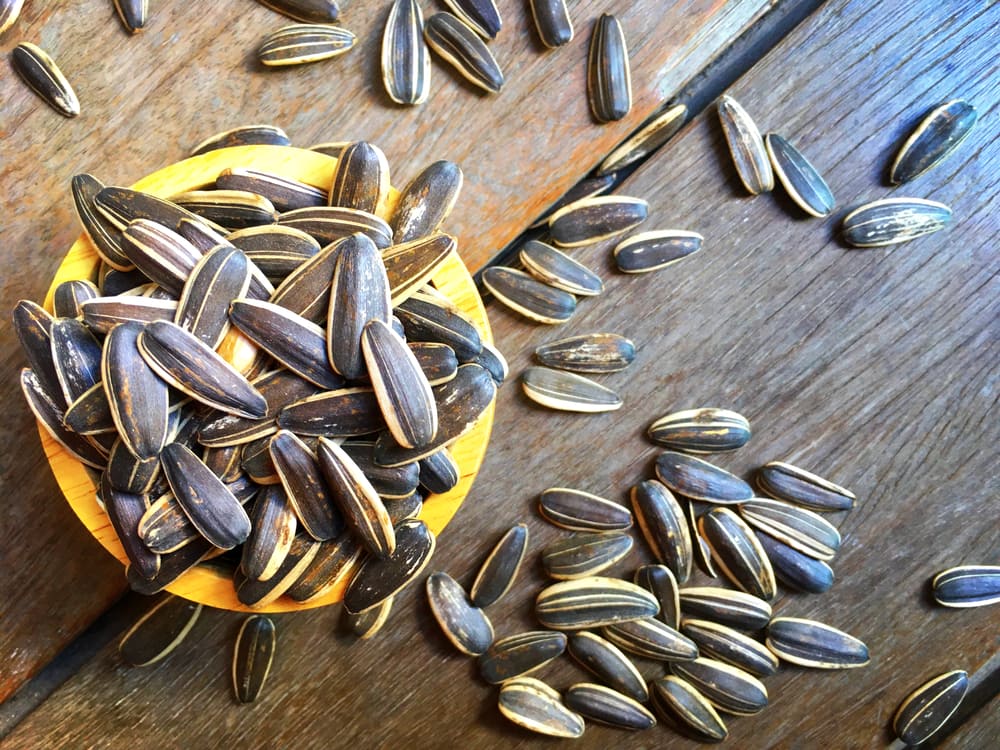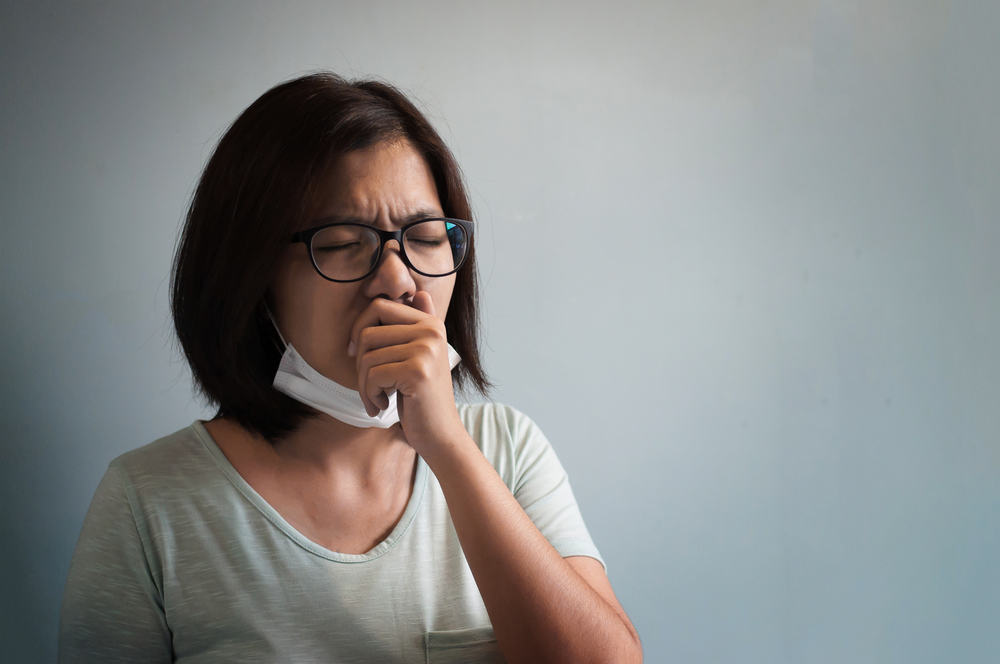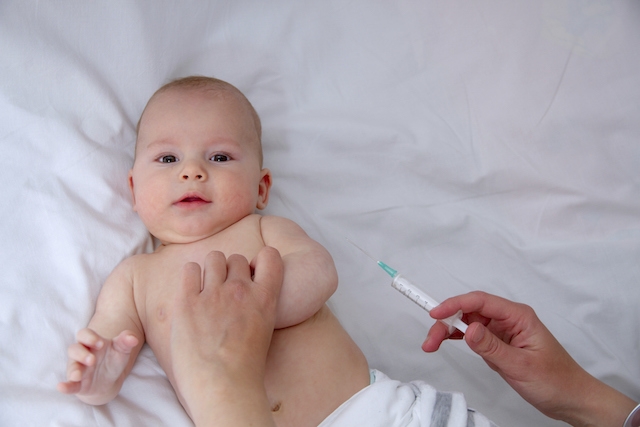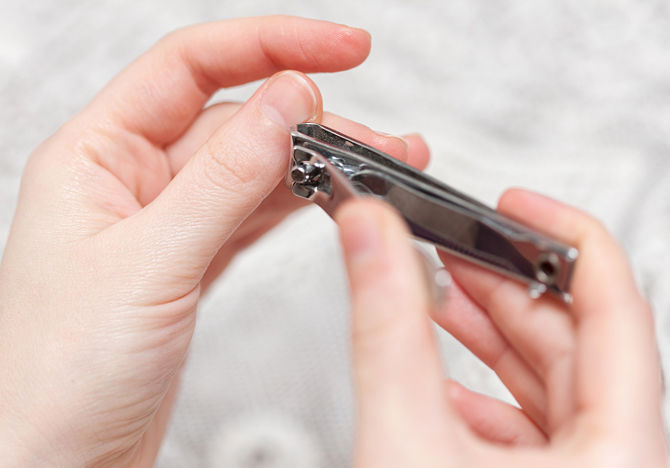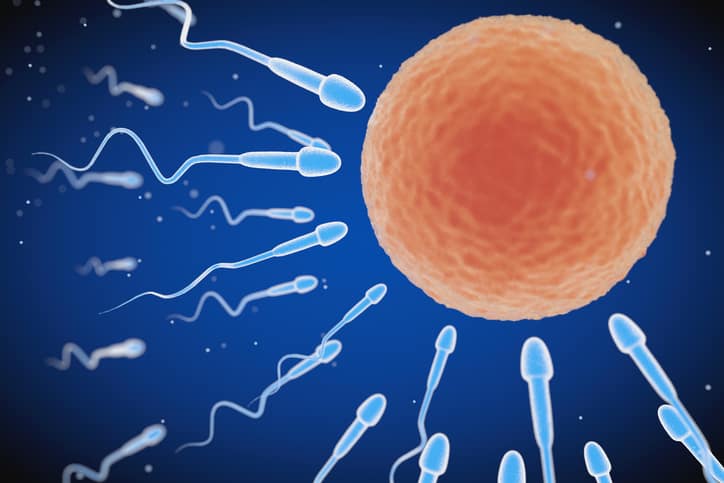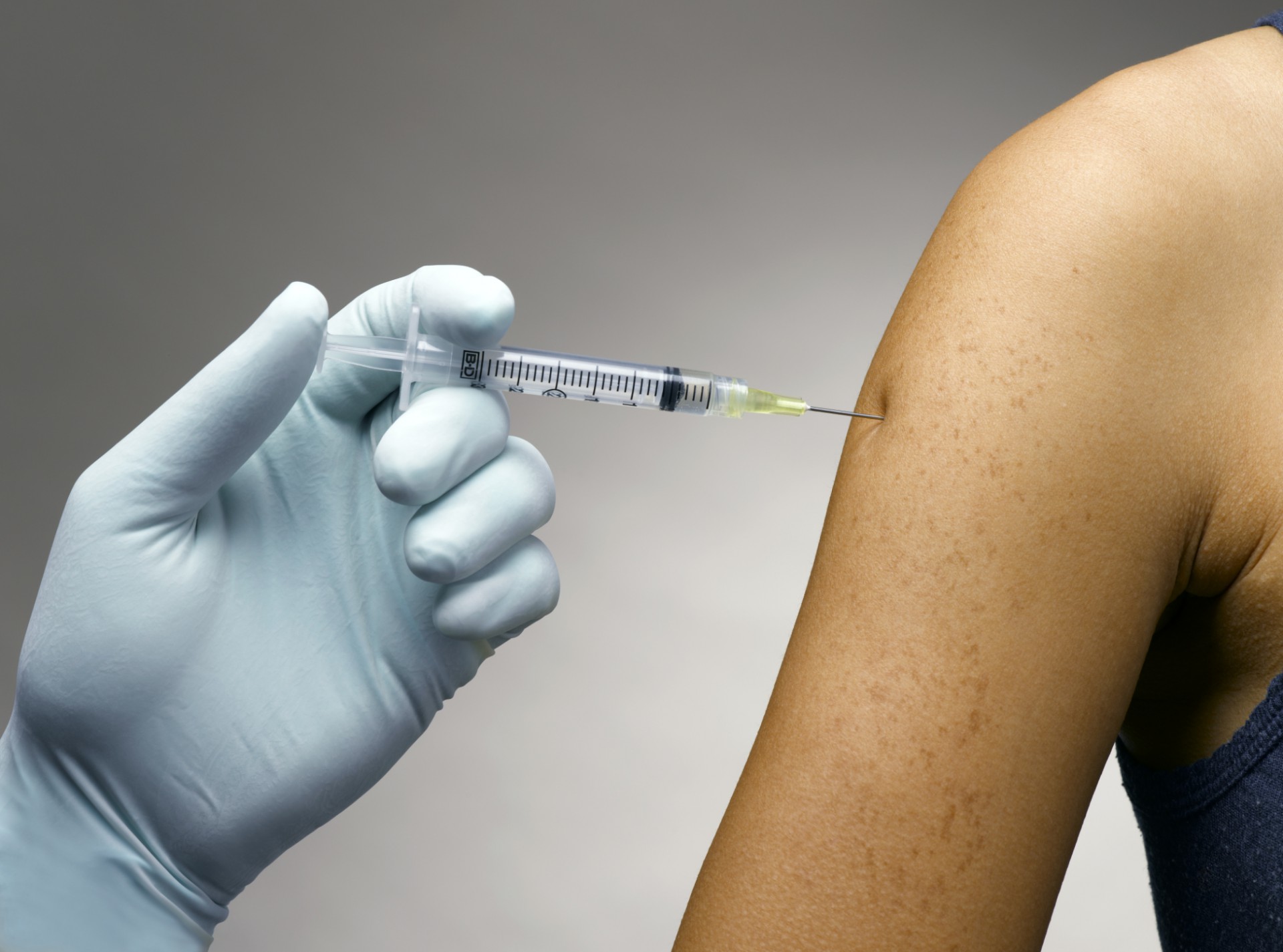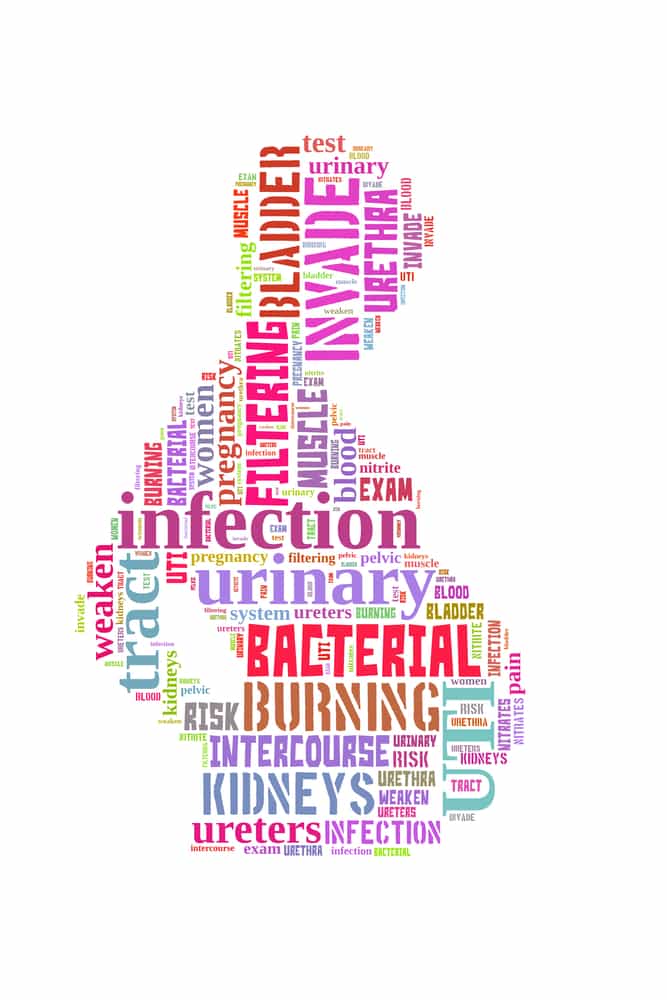Contents:
- Medical Video: Smoking Causes Cancer, Heart Disease, Emphysema
- How does cancer treatment affect the reproductive system?
- Chemotherapy
- Radiation
- What can be done to maintain child fertility?
Medical Video: Smoking Causes Cancer, Heart Disease, Emphysema
As parents, it is certainly not easy to accept the fact that children are diagnosed with cancer. You might question your baby's future. Keep believing that children still have a big chance of life, because more than 80% of children with cancer can survive. Instead, start to focus more on long-term child reproductive health.
Some types of lung cancer treatment, especially radiotherapy and chemotherapy, are harmful to the health of the ovary or testicles and threaten the fertility of the child. Therefore, make sure you always consult with your pediatrician about possible side effects of treatment. The doctor will remind you if planned treatment can damage the reproductive system.
How does cancer treatment affect the reproductive system?
Every treatment for lung cancer can affect the health of the child's reproductive system in different ways. Below are two types of cancer treatments that are likely to affect the fertility of children.
Chemotherapy
Chemotherapy generally involves various combinations of drugs to treat lung cancer. Among the various types of chemotherapy drugs, alkylators carry the highest risk of infertility for patients. In addition to damaging the ovaries, these drugs can affect the level of hormones produced by the ovaries, disrupt the menstrual period, or even trigger early menopause. In boys, this drug can reduce sperm motility and reduce the number of sperm cells (less than 20 million sperm per ml).
The drugs included in the alkylator group include cyclophosphamide (Cytoxan, Neosar), ifosfamide (Ifex), procarbazine (Matulane), busulfan (Busulfex, Myeran), and melphalan (Alkeran).
Radiation
For boys and girls, radiation treatment can carry the risk of damage to the testes and ovaries, reduce sperm count and motility, and disrupt menstrual periods. The various conditions above can be recovered or even permanent. Children who are exposed to radiation to the brain area can also experience fertility-related side effects.
If cancer is found in the reproductive organs, the doctor may recommend surgery to remove some or all of these organs to get rid of cancer.
What can be done to maintain child fertility?
Infertility as an effect of treatment for lung cancer usually does not appear immediately. This effect only appeared after a few years later after lung cancer treatment was completed. Although available, fertility treatments for children diagnosed with cancer before puberty are very limited and the costs are also high.
Infertility treatment for girls with lung cancer, including:
- Freezing of eggs or embryos for children who have gone through puberty. Before taking lung cancer treatment, children can be advised to undergo an egg or embryo freezing procedure. In this technique, the egg or embryo is taken from the ovary, fertilized, and then stored in the laboratory.
- Freezing of ovarian tissue for girls who have not gone through puberty. After they enter puberty, ovarian tissue can be transplanted back to the child. However, this method is not recommended because it can bring back cancer cells when inserted into the body.
Infertility treatment for boys with lung cancer, including:
- Cryopreservation of sperm (sperm banking) for boys who have gone through puberty. Saving sperm at a sperm bank is a non-invasive general choice that should be considered. In general, boys around the age of 13 have a number of sperm in semen. Sperm is taken and frozen to be stored in a special place.
- Freezing of testicular tissue for young boys and teenagers who have not experienced puberty. In this procedure, testicular tissue is taken to be frozen in a special place. As with freezing ovarian tissue in girls, this procedure risks carrying cancer cells when the tissue is put back into the child's body.
- Sperm aspiration. This technique is another option that is currently still being developed for boys and adolescents who have not experienced puberty. In the procedure, immature sperm cells are taken to be used during fertilization in vitro (fertilization outside the womb) in the future.
If the child is old enough to understand, talk to your child about the effects of cancer treatment on their fertility and let them make choices about this.
Hello Health Group does not provide medical advice, diagnosis or treatment.

